March 24 marked the opening of Rainbow Six Siege‘s NAL, the first LAN “regular season” format in the region. With it came a completely unexpected upset (beastcoast over TSM) and an overtime thriller (DarkZero surviving Mirage, led by former DZ player Matthew “HotanCold” Stevens 8-7).
But the highlights of the night didn’t come on the server. Tensions began to flare in all four matches and players began talking trash, yelling at each other between rounds. The raw emotion made for a more compelling broadcast than previous iterations of the NAL, which felt sterile at times.
LANs have always been a home for trash talk and navigating the potential mental slips of your opponents attempting to get into your head is a mark of a good team. But at times, trash talk can go way too far, and at that point, players can rack up expensive fines or risk competitive suspension. Dot Esports reached out to Ubisoft and asked about potential fines, its position on the March 24 trash talk, and what we can expect to see out of the NAL in the future. Ubisoft did not disclose any specific fines or sanctions to players or teams in its comment to Dot Esports.
“We are excited to see the popularity of the broadcast, due in part to the player personalities we have in the North American League,” Alex Charsky, Ubisoft’s associate director of esports, told Dot Esports. “Esports is rooted in competition and entertainment. We continue to use various sources available to us—including broadcast and unaired footage, admin reports, recorded voice comms—to assess when players cross the line from competitive to prohibited behavior. If necessary, we will impose penalties for behaviors that cross the line into prohibited as outlined in our global rules.”
With no announcement of any sanctions or fines, it seems like Ubisoft is more or less fine with the level of banter displayed on March 24. But there are parts of the rulebook that have gray areas and are left up to individual interpretation.
The Rainbow Six: Siege Code of Conduct also applies to its esports competitions, according to the public R6 Circuit Global Rulebook.
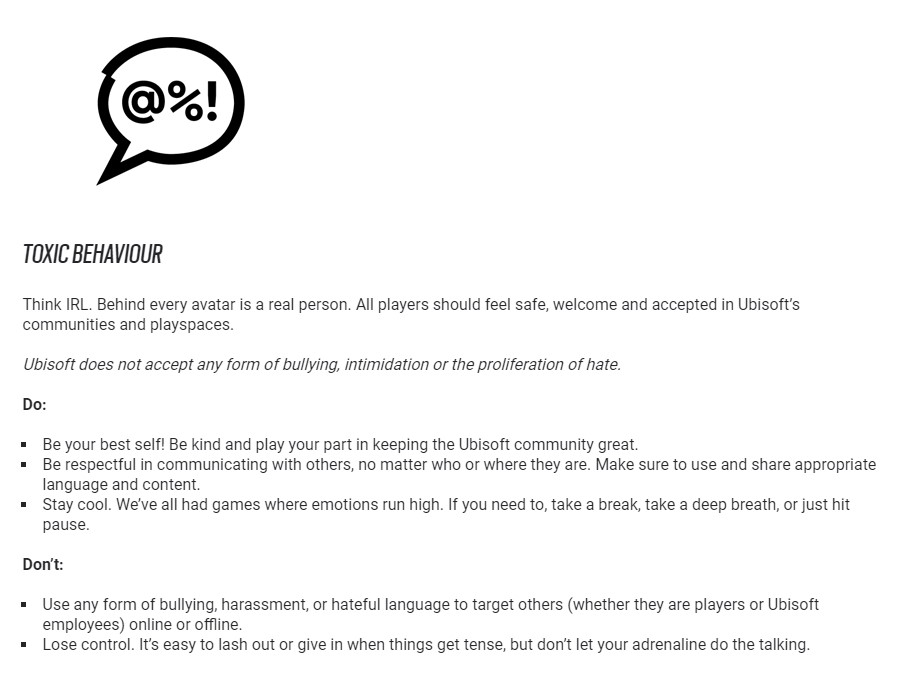
The Code of Conduct directly addresses “toxic behavior,” saying “Ubisoft does not accept any form of bullying, intimidation, or the proliferation of hate.”
It’s still unclear, however, where trash talk falls in those guidelines. The competitive R6 community is a tight-knit, relatively small one. Many instances of what can seem hateful to the outside eye are actually just banter between friends or the competitive spirit taking over for a moment.
According to the Penalty Index in the R6 Circuit Global Rulebook for the 2021 season, there will be a minimum of an official warning for “minor misconduct,” described as:
- Any actions or statement which may be found offensive and related to age, physical appearance, social origin, political or other opinions.
- Any language or content deemed illegal, dangerous, or threatening.
- Any conduct which interrupts the general flow of the tournament, sustained disruption of discussion, or continued one-on-one communication after requests to cease.
- Illegal possession, use, or distribution of alcohol or drugs, steroids, or other performance-enhancing substances.
- Lack of respect and provocation, including verbal insults or insulting gesture or defamation.
In addition, the maximum penalty for minor misconduct is a fine of $5,000 and/or a competition suspension of six months.
Major misconduct fines and penalties are steeper and carry with them more hefty theoretical instances of misconduct. They encompass:
- Any actions or statement which may be found offensive and related to gender identity and expression, sexual orientation, disability or mental illness, ethnicity, nationality, skin color, religion.
- Impersonation of any team players, managers, admins, or Ubisoft employee.
- Theft-related crimes such as burglary, robbery, or larceny.
- Deliberate intimidation, actual or threatened physical violence against another person.
- Stalking, harassment, inappropriate physical contact, unsolicited sexual attention.
The penalty for major misconduct at the bare minimum is a $5,000 fine and a year-long competitive suspension. At maximum, the dollar fine amount depends “on the nature of the major misconduct” and could carry a lifetime ban from competitions.
The consensus among the Rainbow Six competitive community is clear: The first day of the 2021 season of the NAL was by far the most exciting R6 competition they’ve seen in quite some time and it was at least partially due to the passion they saw from the players. From Tom “Tomas” Kaka telling Oxygen Esports that Khalil “b1ologic” Pleas is better than them (Oxygen dropped b1o during the offseason) to whatever happened between Disrupt, David “Iconic” Ifidon, and the Susquehanna Soniqs (the Soniqs benched and later released Iconic in late 2020 after NAL competition ended, alleging attitude issues; Iconic plays for Disrupt now), it was easy to have an emotional stake in the games beyond the broadcast.
A sterilized, boring esports scene hurts its growth despite its brand safeness. Without controversy, without some level of healthy (or even unhealthy at times) competitive animosity between teams, you might as well be watching 10 bots click each other’s heads. Sports, and esports, are compelling because of the human emotion tied to the mechanical and tactical brilliance of their players. Stifling that emotion is a one-way ticket to having an irrelevant scene in the esports industry.
The example the NAL set on March 24 should be the standard for R6, not an outlier, provided there are no fines or sanctions that weren’t provided to Dot Esports at time of writing. The NAL, and the R6 scene at large, should be wary of descending into contrived kayfabe. The controversies should be organic, but the rivalries and personalities should be exactly as loose as they were on March 24.


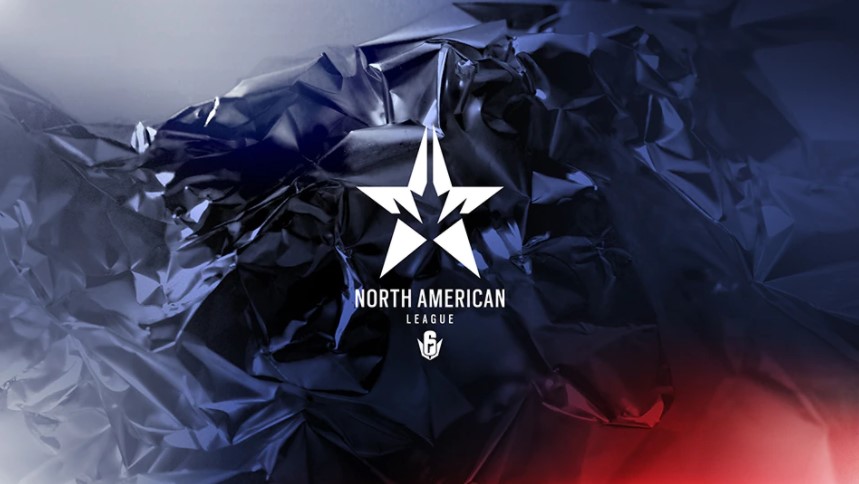
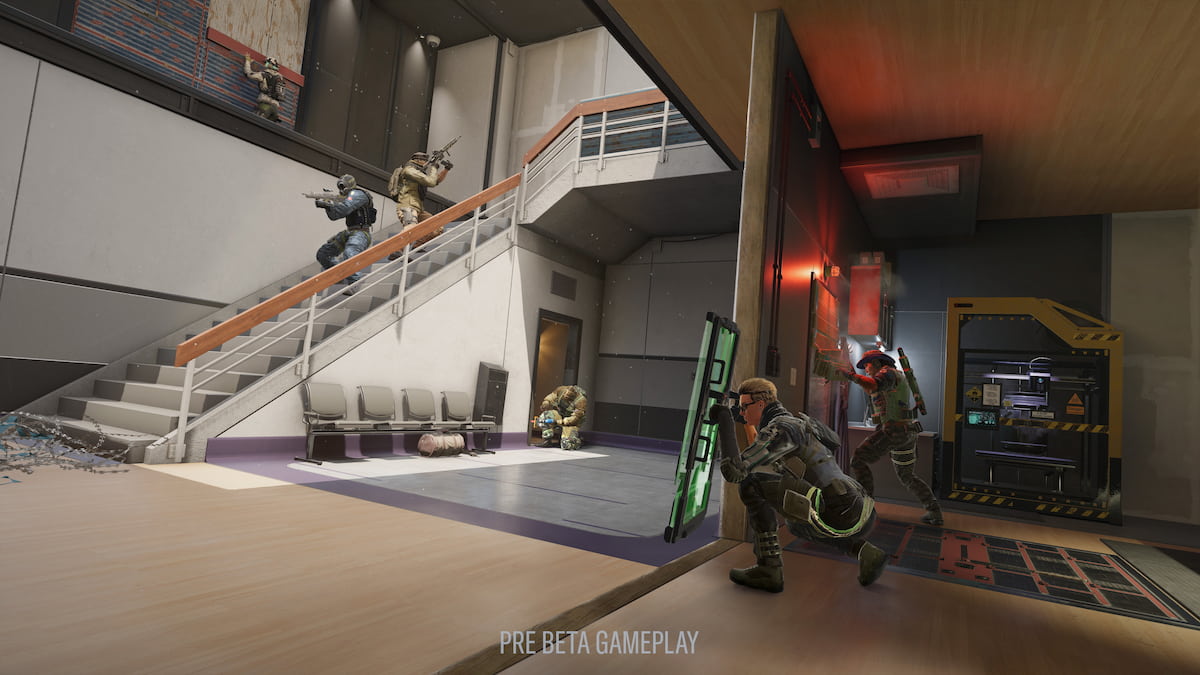
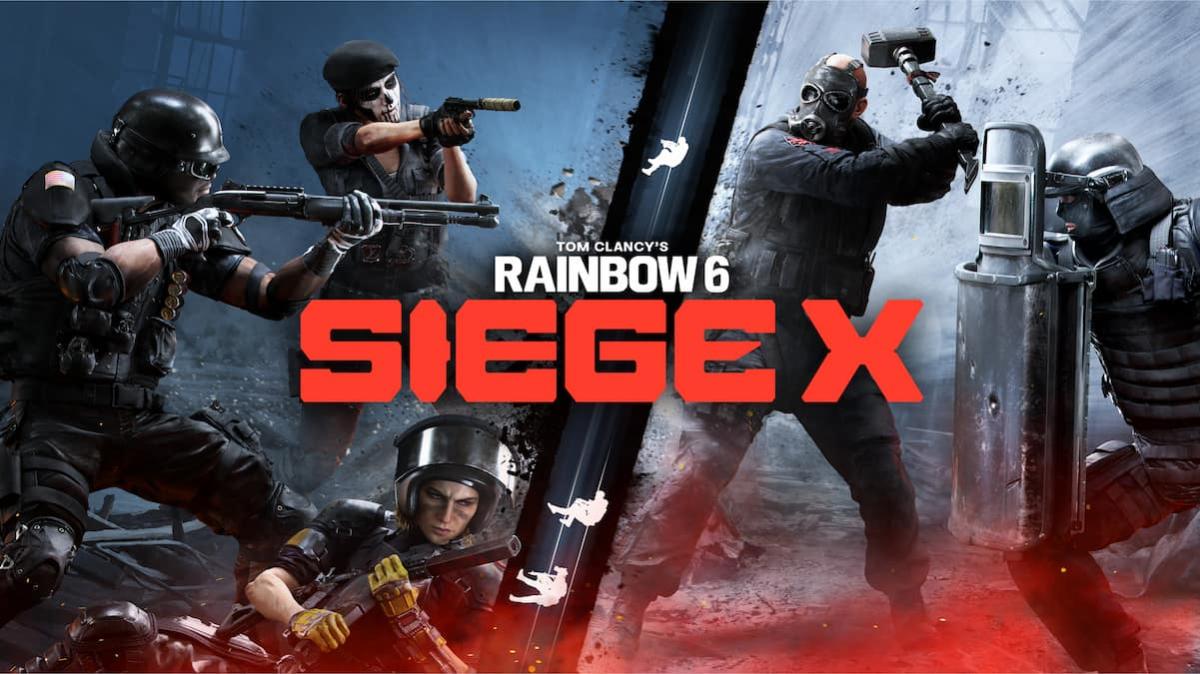
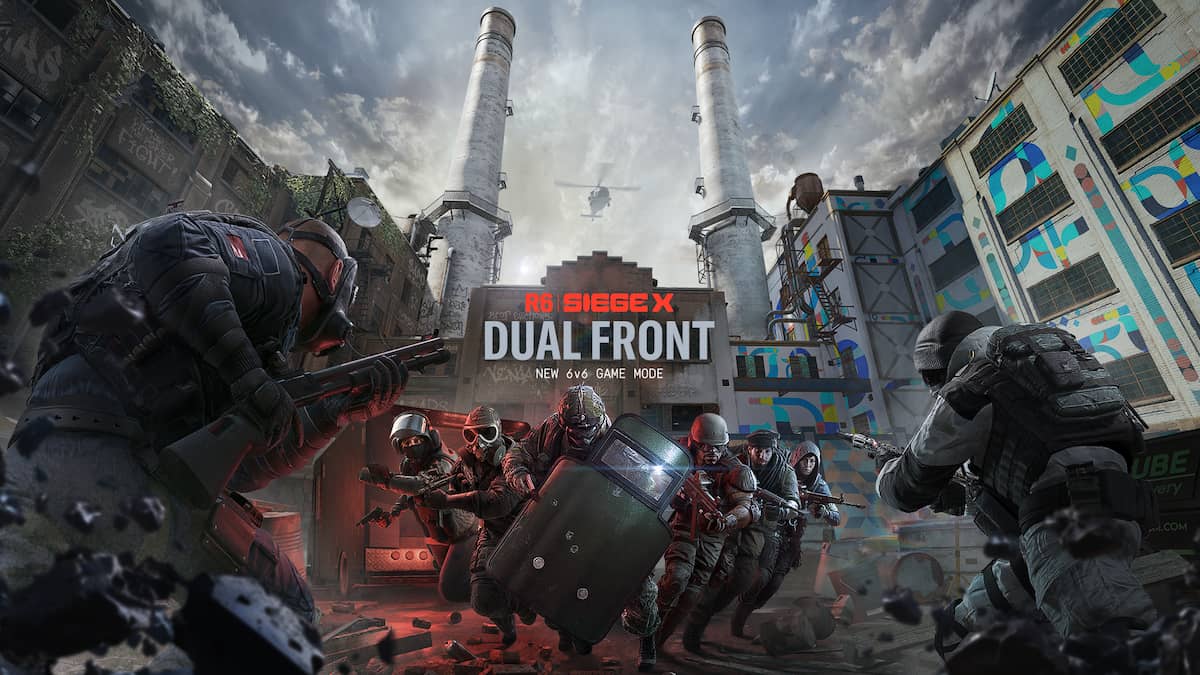
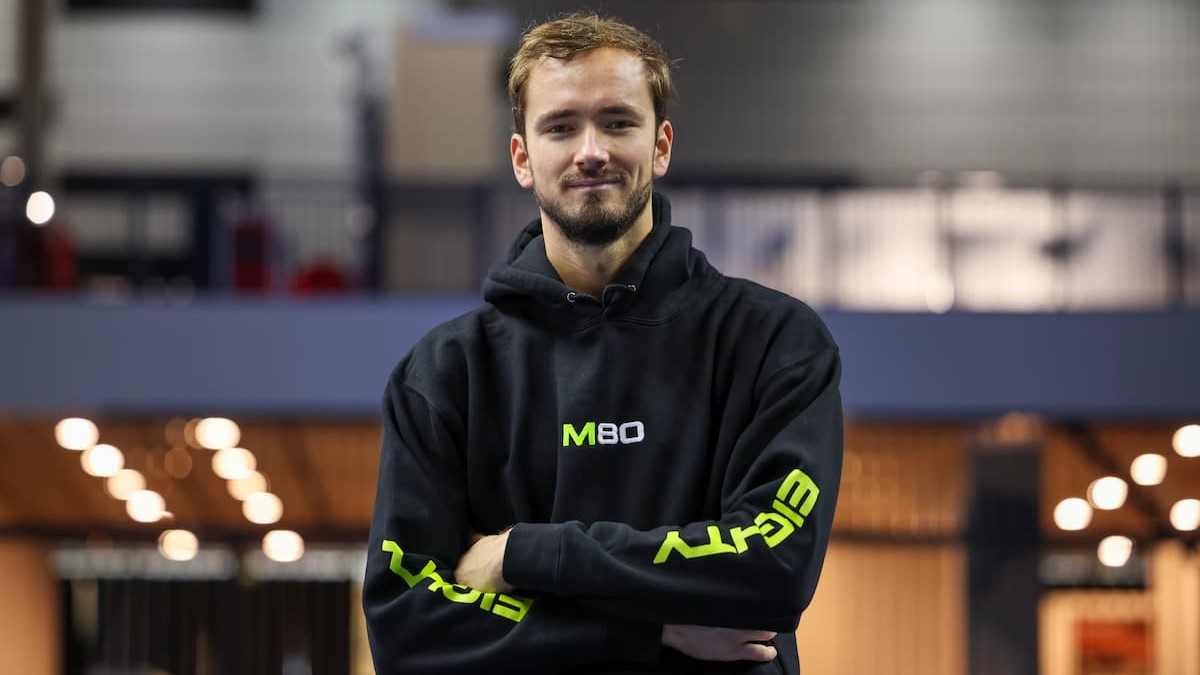
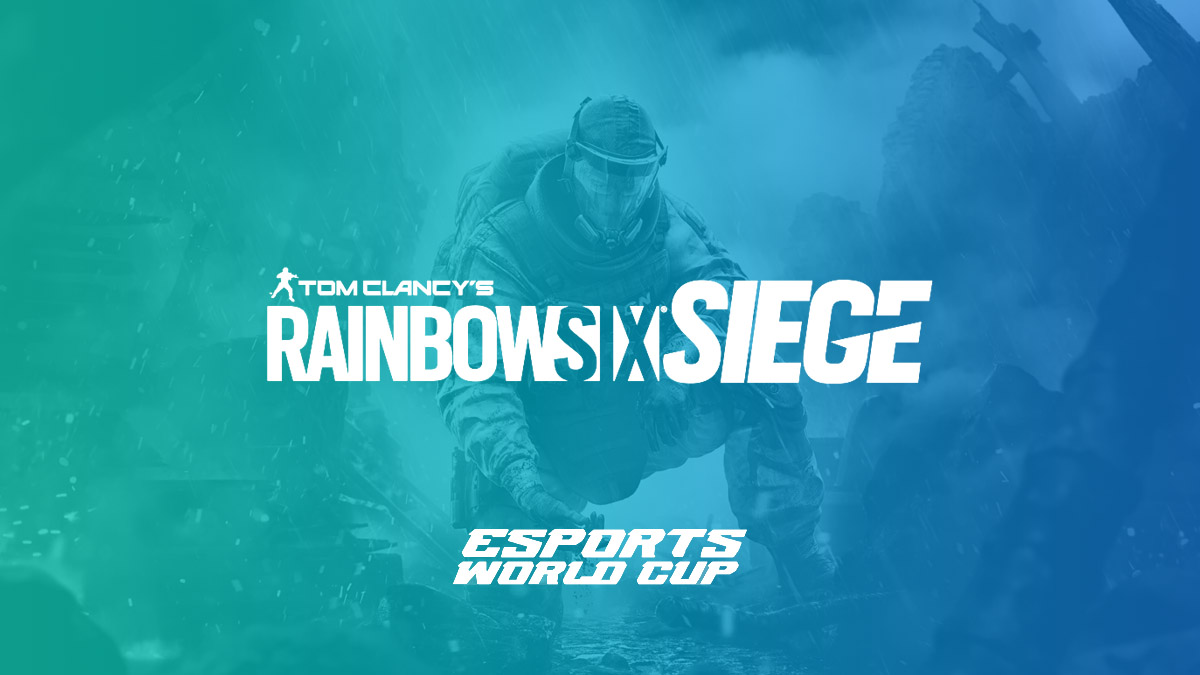
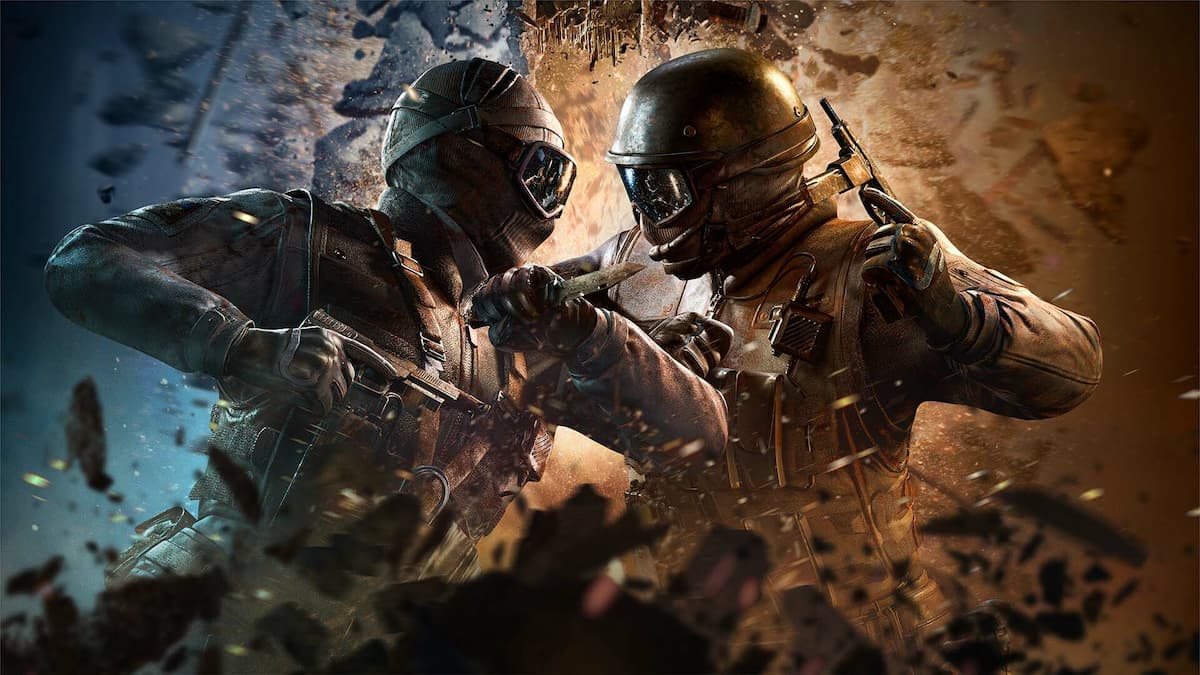
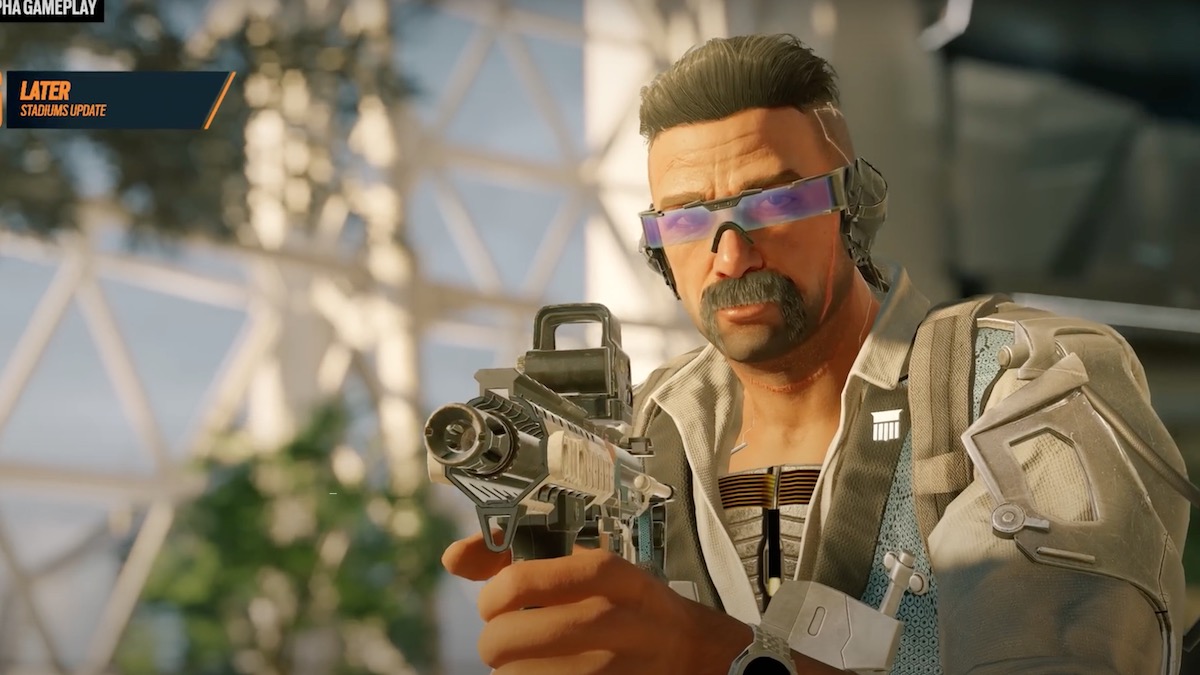

Published: Mar 26, 2021 12:52 pm